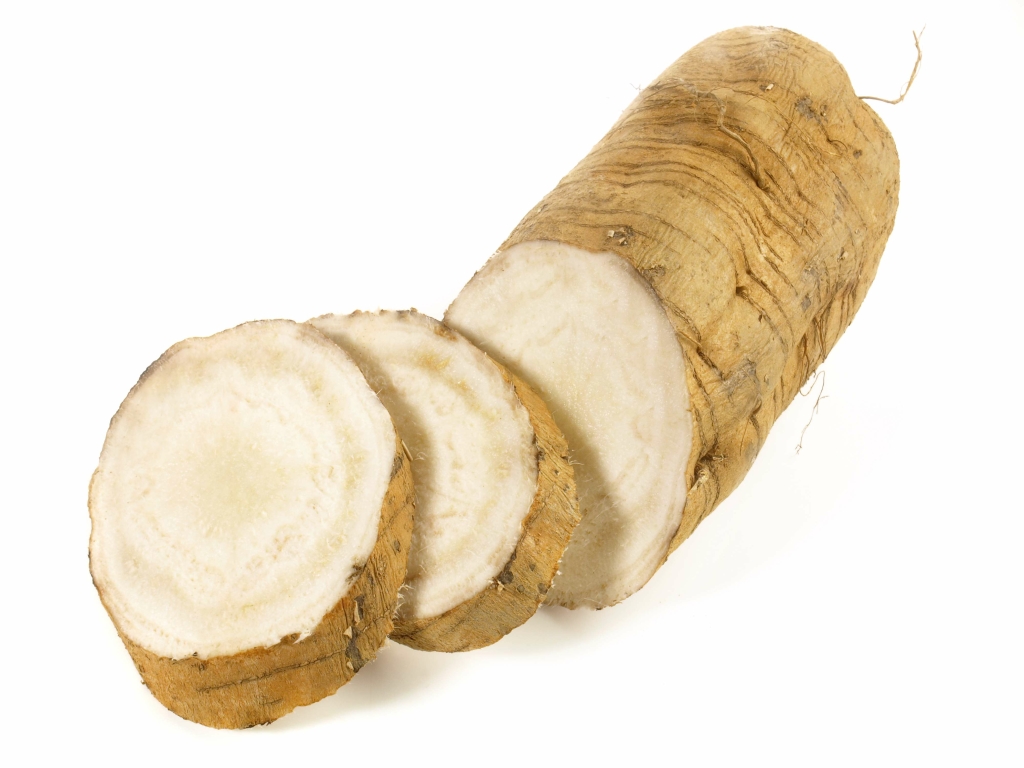Alcohol and Depression: How to Treat Co-Occurring Issues
TEDS is a database run by SAMHSA within HHS that presents information on the demographic and substance use characteristics of annual admissions for treatment for alcohol and drug abuse in State-approved facilities that are required by the States to provide TEDS client-level data. Because TEDS is based only on reports from these facilities, TEDS data do not represent the total national demand for substance https://thewashingtondigest.com/top-5-advantages-of-staying-in-a-sober-living-house/ abuse treatment or the prevalence of substance abuse in the general population. The fifth factor that DOJ and HHS must consider under 21 U.S.C. 811(c) is the scope, duration, and significance of marijuana abuse. ICPS conducted serial, cross-sectional surveys from 2019 to 2021 of individuals ages 16 to 65 years living in the United States to understand the public health impact of marijuana legalization.
Depression After Drinking
- It can be difficult to meet friends and family without being around alcohol, and that can lead to loneliness after quitting.
- Muscle tension, headaches, irregular heart rate and blood pressure, sleep difficulties, and the potential for heart problems or even stroke may be possible risk factors for chronic anger and emotional regulation issues.
- Oral bioavailability of Δ9-THC, following ingestion of an edible containing marijuana or isolated Δ9-THC, ranges from 5 to 20 percent.
- Those with alcohol dependence are 2.8 times more likely to have had PDD in the previous year.
- The relative abuse potential is suggested by the responses from the positive control on these measures in comparison to the test drug.
- Your treatment will depend on the role alcohol plays in your life and how present anger is during your everyday lived experience.
Even worse, when therapists are trained at universities where DEI is pervasive, there’s a high probability that they will misunderstand, judge, avoid, or shut down aspects of these client’s thoughts and feelings—material central to the therapeutic process. On top of this, too many therapists have become DEI-style activists, eager to accuse their clients of racism and sexism. Many believe that politicizing therapy sessions is a moral imperative. These therapists are probably more likely to work at clinics that focus on hate crimes or racial justice.

Whether Marijuana Is an Immediate Precursor of a Substance Already Controlled Under the CSA
Your treatment will depend on the role alcohol plays in your life and how present anger is during your everyday lived experience. Anger expression may also be confused with aggression or hostility, two consequences of drinking commonly cited in research. The link between alcohol and aggression has been established since the 1990s, and a World Health Organization (WHO) committee in the 2000s noted aggression is more closely linked to alcohol use than any other psychoactive substance. If you live with underlying anger challenges, for example, it may not be as noticeable when you’re sober because your frontal lobe allows you to manage your emotions and your behaviors. When you drink alcohol, those inhibitions are lifted, and if you’re feeling angry, you’re more likely to express it and do so in an exaggerated way. Being angry doesn’t mean you’re aggressive or hostile.
Links between Anger, Aggression, and Alcohol Addiction
Think of anger as an iceberg, where what’s visible, like stern looks or raised voices, is just the tip. Below the surface, hidden emotions such as grief, fear, shame, and embarrassment often fuel anger. Anger is rarely an isolated emotion, shedding light on its connection to Sober House alcoholism. You may undergo therapy to address your depression, too. During therapy, you can learn coping mechanisms that can help you return to life without drinking. Likewise, if you’re diagnosed with one of these conditions, your doctor may ask about symptoms of the other.
- In considering this factor and making its recommendation, HHS examined the chemistry of marijuana and the human pharmacokinetics of marijuana.
- Outside of the Federal- and State-sanctioned medical use of marijuana, individuals are using marijuana on their own initiative for medical, as well as nonmedical, purposes.
- People with alcohol addiction often feel out of control, leading to feelings of shame, frustration, or depression, which can manifest as anger.
- I used to drink when I felt volatile or self-destructive or to increase my confidence in social situations.
- People who come to me to work on their alcohol consumption often feel perplexed by their own behaviors.
- Over the long term, these issues need to be addressed at a broader institutional and sociocultural level.
Anger and Alcohol Risk Factors
It highlights the integration of screening of anger among alcohol users at de-addiction center as well as the use of anger management strategies as a part of psychosocial intervention. It has a limitation in term of findings were based on file records/telephone contacts and other comorbid personality and psychiatric issues were not assessed. A total of 100 males (50 alcohol-dependent and 50 abstainers) in the age range of 20–45 years with a primary diagnosis of alcohol dependence were taken for the study. They were administered a semi-structured interview schedule to obtain information about sociodemographic details, information about alcohol use, its relationship with anger and its effects on anger control and the State-Trait Anger Expression Inventory.
Why does depression make recovery from AUD harder?


